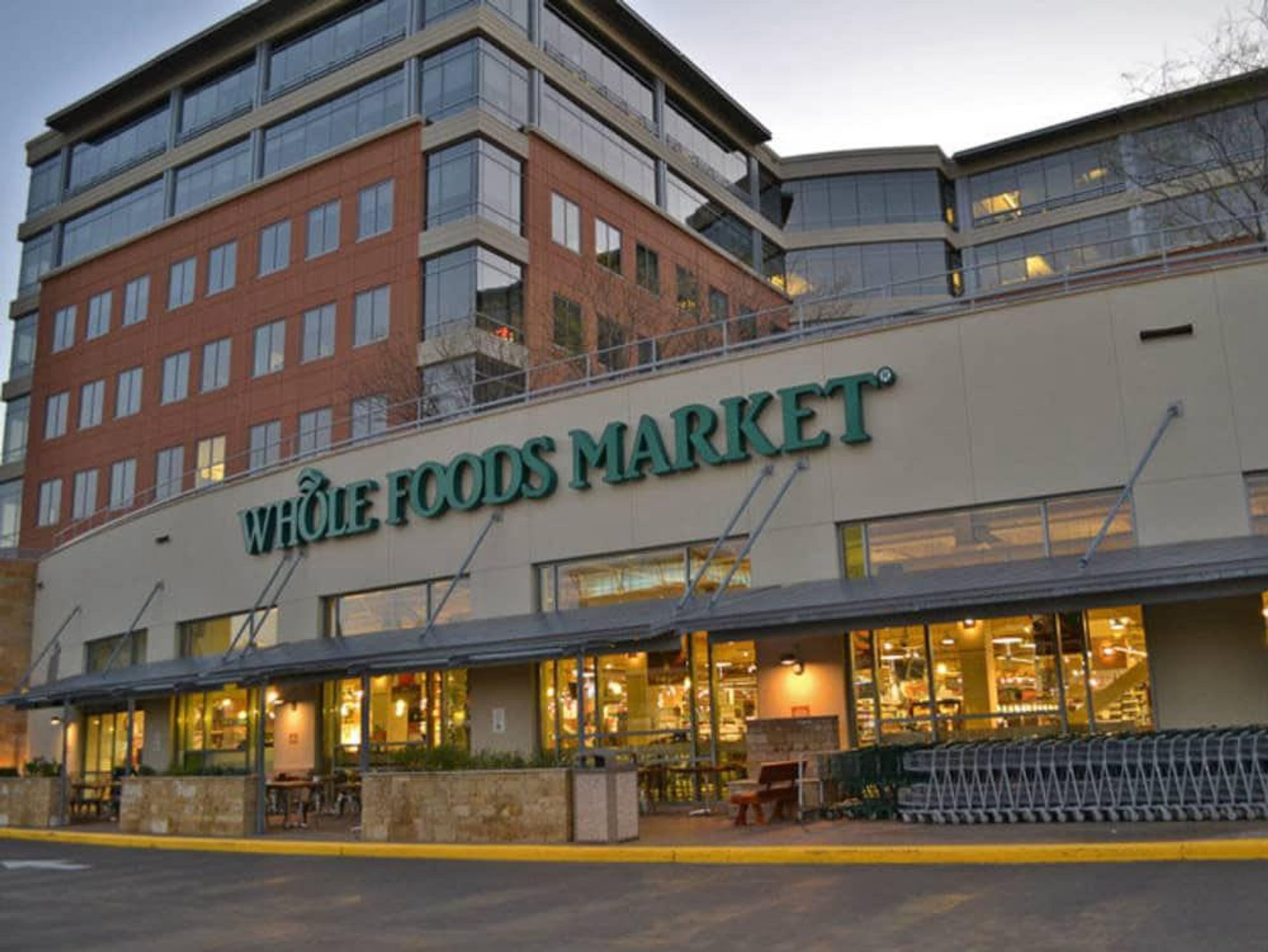Grocery Store Wars
No surprise here: Study shows Whole Foods is pricier than H-E-B — but by how much?

While it's common knowledge that shopping at Whole Foods Market — jokingly referred to as "Whole Paycheck" — isn't exactly ideal for those on a tight budget, a new survey shows just how much more customers are paying to shop there as opposed to heading to their regional grocery store.
Wolfe Research, a New York investment firm, recently conducted a study which compared the cost of groceries from Whole Foods to the exact same items from regional grocery stores H-E-B in Houston, Mariano's in Chicago and Wegmans near Washington, DC.
Whole Foods is testing a shopping rewards program, even though the company has resisted such an initiative for more than 30 years.
According to Wolfe, the lowest prices were found at H-E-B where the grocery total was $220. In comparison, the same groceries from Whole Foods cost a total of $255. The other two regional grocery stores in Chicago and Washington, DC also offered groceries for less than Whole Foods, averaging around $30 in savings.
In a smaller survey where researchers bought organic and non-organic produce items, H-E-B had a total of $23 whereas at Whole Foods those same items added up to $29.
In the most recent quarter, Whole Foods reported that "same-store sales" — referring to sales at stores open at least a year — increased by 3.9 percent. This percentage is significantly lower than the 8 percent quarterly increases the Austin-based grocery chain has experienced before.
As a result of its less-than-stellar performance as of late, Whole Foods is testing a shopping rewards program, even though the company has resisted such an initiative for more than 30 years, Bloomberg reports. Whole Foods is also hoping to combat increasing competition with a national marketing and brand campaign launching this fall — a company first.
